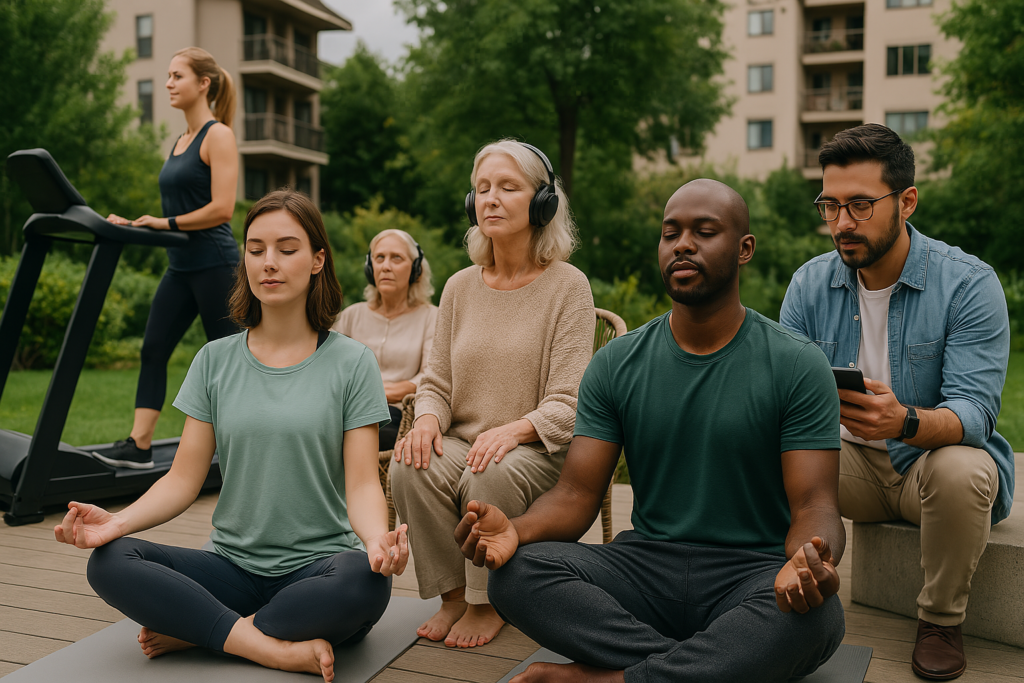The Changing Face of Health

In the past, health was often seen as the absence of disease. If you weren’t sick, you were considered healthy. Today, however, the concept of health has evolved into something far more complex. More people are embracing a holistic approach, which considers not only physical fitness but also emotional balance, mental clarity, and even spiritual well-being.
This shift has led to a booming wellness industry, with companies offering everything from yoga retreats and herbal supplements to wearable fitness trackers and mindfulness apps. While some applaud this trend, others warn of overmedicalization and the commercialization of self-care. Critics argue that wellness has become a luxury market, accessible mainly to those with disposable income and free time.
Meanwhile, global health statistics paint a troubling picture. In many developed countries, people are living longer but not necessarily better. Chronic conditions like diabetes, heart disease, and depression are on the rise, often linked to poor diet, lack of exercise, and sedentary lifestyles. Even more concerning is the increase in burnout, particularly among young professionals. Mental health, once a taboo subject, is now at the forefront of public discussion.
Some researchers are now focusing on what makes people live longer and feel better. So-called Blue Zones—areas of the world where people live unusually long and healthy lives—have been studied closely. What’s striking is that residents in these regions rarely go to the gym or follow strict diets. Instead, they eat simple, plant-based meals, maintain strong social connections, and walk or move naturally throughout the day.
In light of these findings, a new school of thought is gaining traction: instead of simply treating illness, we should prioritize preventative care and focus on mental resilience. In other words, true health may depend less on advanced medicine and more on lifestyle choices and community support.
Of course, there’s no one-size-fits-all definition of health. But as science continues to evolve, and society rethinks its values, perhaps the healthiest future is one where balance, simplicity, and self-awareness take center stage.
Comprehension & Discussion Questions
Vocabulary Check: Match the word to its meaning.
- Holistic
- Sedentary lifestyle
- Burnout
- Overmedicalization
- Preventative care
- Blue Zones
- Mental resilience
Short Answer / Discussion:
- How has the definition of health changed over time?
- Do you agree that wellness has become too commercialized? Why or why not?
- What lessons can we learn from the Blue Zones?
- In your own life, do you focus more on treating illness or preventing it?
- How do you personally build mental resilience?
